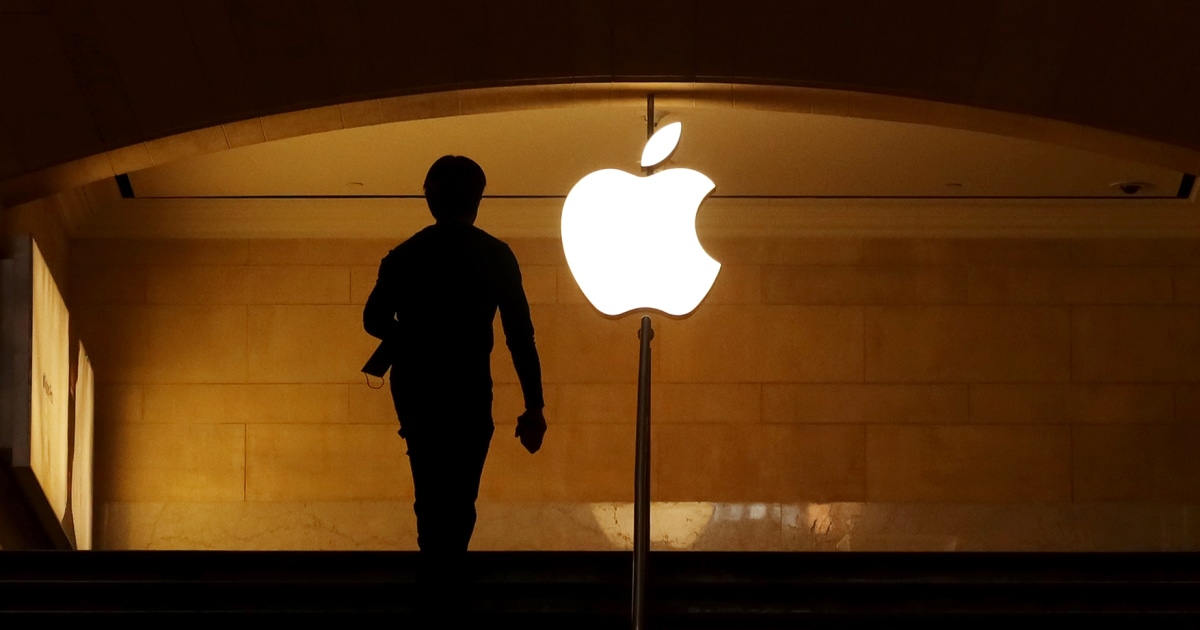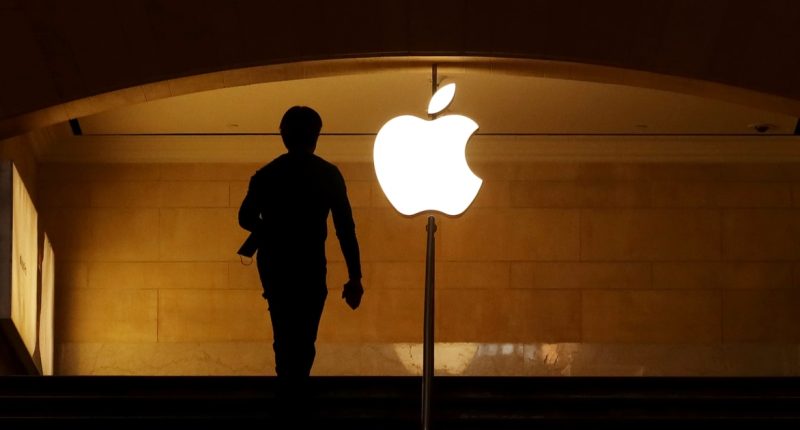
The European Commission, the European Union’s executive arm, on Monday hit Apple with a 1.8 billion euro ($1.95 billion) antitrust fine for abusing its dominant position on the market for the distribution of music streaming apps.
The Commission said it found that Apple had applied restrictions on app developers that prevented them from informing iOS users about alternative and cheaper music subscription services available outside of the app.
Apple also banned developers of music streaming apps from providing any instructions about how users could subscribe to these cheaper offers, the Commission alleged.
This is Apple’s first antitrust fine from Brussels and is among one of the biggest dished out to a technology company by the EU.
The European Commission opened an investigation into Apple after a complaint from Spotify in 2019. The probe was narrowed down to focus on contractual restrictions that Apple imposed on app developers which prevent them from informing iPhone and iPad users of alternative music subscription services at lower prices outside of the App Store.
Apple’s conduct lasted almost 10 years, according to the Commission, and “may have led many iOS users to pay significantly higher prices for music streaming subscriptions because of the high commission fee imposed by Apple on developers and passed on to consumers in the form of higher subscription prices for the same service on the Apple App Store.”
The fine will ramp up tensions between Big Tech and Brussels at a time when the EU is increasing scrutiny of these firms.
More from CNBC
Last year, the Commission designated Apple among other tech firms like Microsoft and Meta as “gatekeepers” under a landmark regulation called the Digital Markets Act, which broadly came into effect last year.
The term gatekeepers refers to massive internet platforms which the EU believes are restricting access to core platform services, such as online search, advertising, and messaging and communications.
The Digital Markets Act aims to clamp down on anti-competitive practices from tech players, and force them to open out some of their services to other competitors. Smaller internet firms and other businesses have complained about being hurt by these companies’ business practices.
These laws have already had an impact on Apple. The Cupertino, California-based giant announced plans this year to open up its iPhone and iPad to alternative app stores other than its own. Developers have long-complained about the 30% fee Apple charges on in-app purchases.
Source: | This article originally belongs to Nbcnews.com










